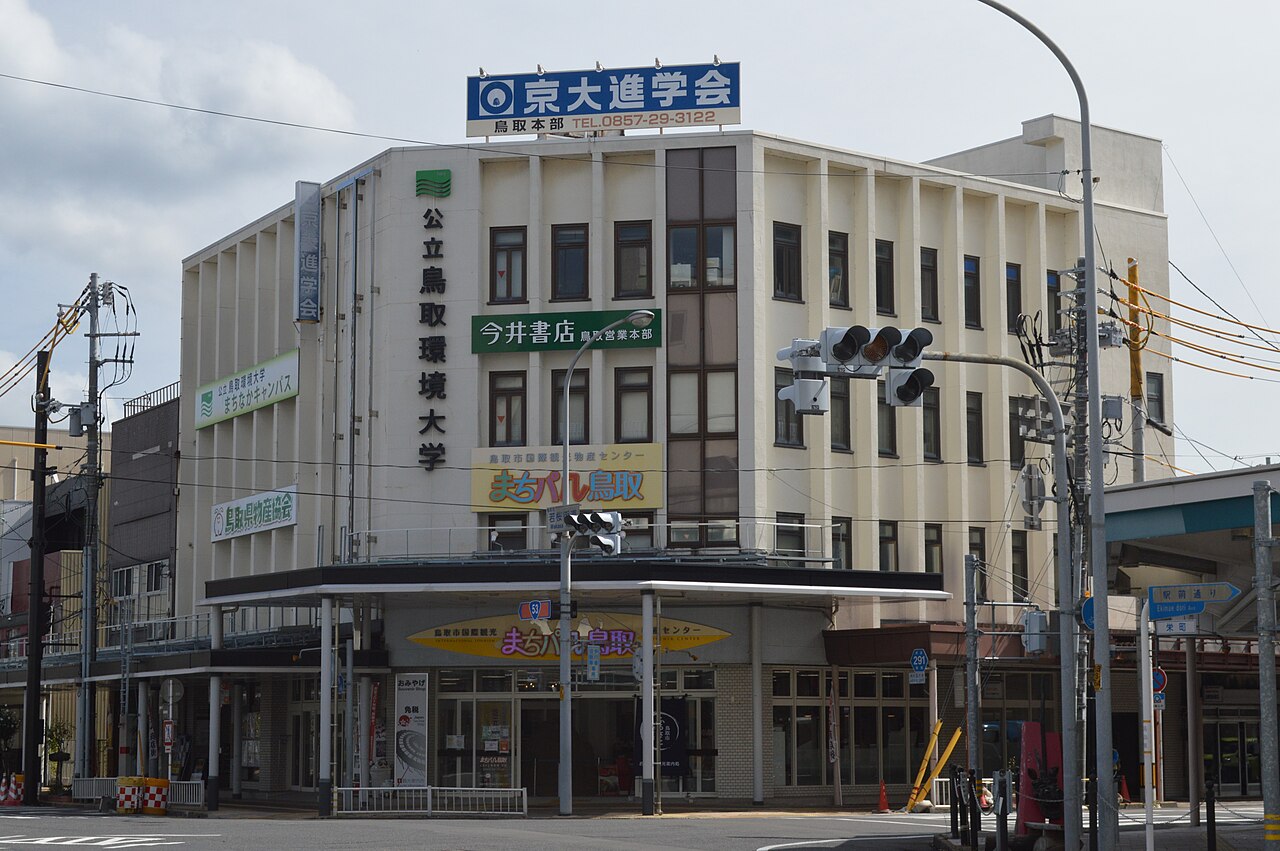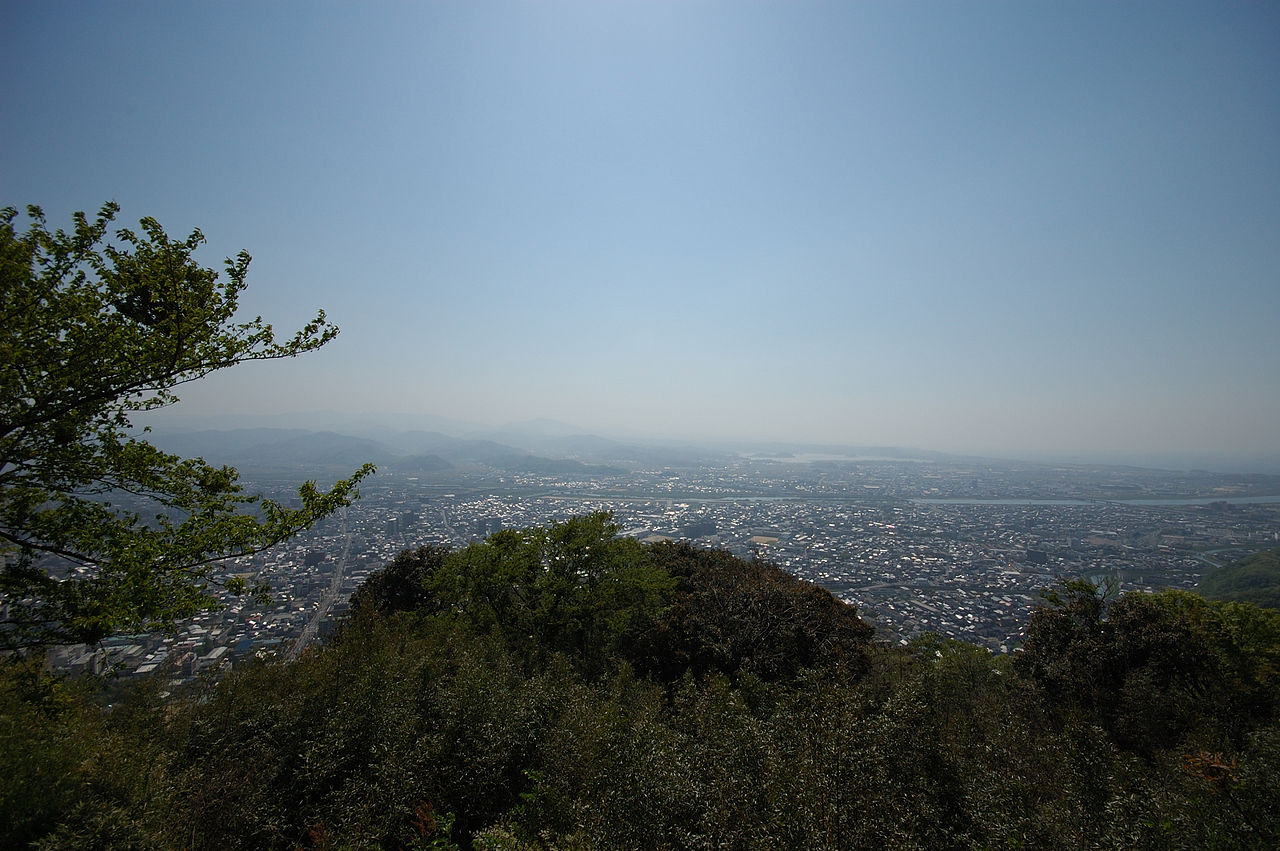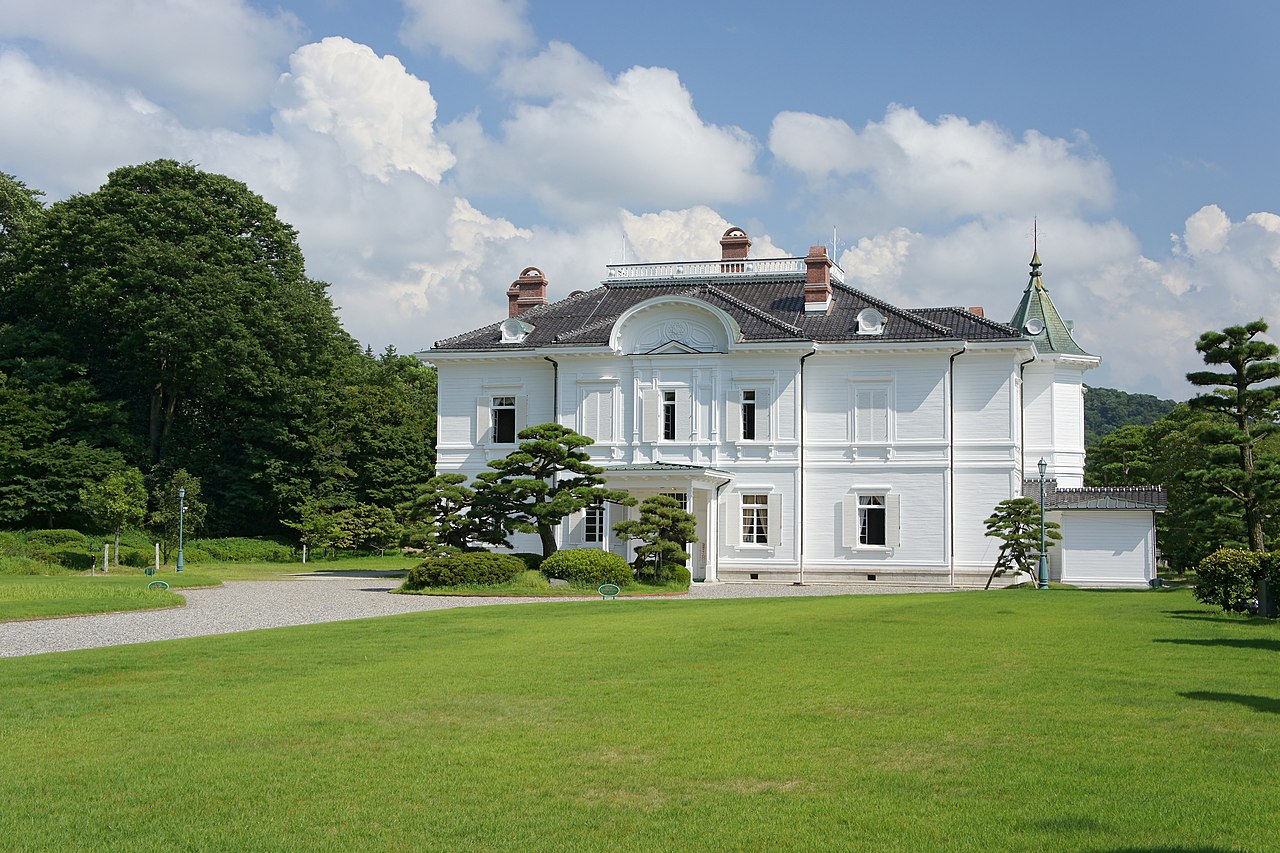Thinking about Japan for your degree—and wanting a campus where sustainability and business meet real life? Tottori University of Environmental Studies (TUES) is a small, public university in western Japan’s Sea of Japan region. With hands‑on fieldwork from year one, a practical business program, and a friendly city known for nature and safety, TUES offers an approachable path into Japanese higher education. This guide walks you through quick facts, academic strengths, student life, climate, international stats, and career outcomes so you can judge whether TUES fits your goals.

Source: Wikimedia Commons | Author: atsushi.j | License: CC BY 3.0

Source: Wikimedia Commons | Author: Asturio Cantabrio | License: CC BY-SA 4.0

Source: Wikimedia Commons | Author: Reggaeman | License: CC BY-SA 3.0

Source: Wikimedia Commons | Author: 663highland | License: CC BY-SA 3.0

Source: Wikimedia Commons | Author: 663highland | License: CC BY-SA 3.0

Source: Wikimedia Commons | Author: 663highland | License: CC BY-SA 3.0

Source: Wikimedia Commons | Author: 663highland | License: CC BY-SA 3.0
Quick Facts
| Type | Public (Municipal University) Official English name listing |
| Total Students | 1,317 (1,305 undergraduates + 12 master’s; as of May 1, 2024) Student Numbers |
| Campuses | Main: Tottori City (Wakabadai) Campus; Satellites/Offices: Yonago Satellite Campus, Osaka Office, Okayama Office Campus/office names (English) ・ Access |
| Faculties/Schools | Faculty of Environmental Studies; Faculty of Business Administration; Graduate School of Environmental Science and Business Administration; General Education Center Environmental Studies ・ Business Administration |
| Học phí | Tuition ¥535,800 / year (¥267,900 per semester); Admission fee ¥282,000 (¥188,000 for Tottori‑resident category) Fees (official) |
| Gender Ratio | Male 59.5% (784) : Female 40.5% (533) among 1,317 students (May 1, 2024) Source |
| Intl‑Student % | ≈2.4% (32 regular international students; plus 1 exchange; as of May 1, 2024) International Student Count (PDF) ・ Total students |
| Students per Staff | ≈22 : 1 (1,317 students / 60 full‑time teaching staff; May 1, 2024) Staff Numbers ・ Student Numbers |
Campus Maps
Main Campus (Tottori City)
Address: 1-1-1 Wakabadai-kita, Tottori City, Tottori 689-1111, Japan
Seibu Satellite Campus (Yonago)
Address: Yonago Gourmet Plaza, 12 Yayoi-cho, Yonago, Tottori 683-0036, Japan
Mission, History & Founding Story
Tottori University of Environmental Studies (TUES) was established in 2001 as a public university in Tottori City with a simple but ambitious idea: educate professionals who can balance human prosperity with the health of nature. That vision—“harmonious coexistence of people, society and nature”—continues to anchor curricula, fieldwork, and partnerships across the university today. Official history (English)
From day one, TUES blended two pillars—environmental studies and business administration—reflecting the region’s unique profile: a small, safe prefecture with rich coastlines, forests, and farmland, and a local economy eager for sustainable revitalization. The Faculty of Environmental Studies emphasizes hands‑on, field‑based learning, while the Faculty of Business Administration cultivates management skills relevant to regional industries and the broader Japanese economy.
Institutionally, TUES is operated by the Public University Corporation Tottori University of Environmental Studies—an arrangement common to municipal universities in Japan—which helps keep tuition in line with national public rates and supports strong ties with the prefecture and city. Over time, TUES built out research and outreach units such as the Sustainability Research Institute, the Regional Innovation Research Center, and the Cross Cultural Center, which manages international exchange.
Culturally, TUES positions itself as a university where students can “learn from two perspectives and then fly into the future.” That motto sums up the campus feel: small classes, professors who run open office hours, and a compact city where nature is close and student initiatives get noticed. The official English guide highlights “Why TUES?” in terms of region, practical learning, and close community—elements many international students say they want. University Guide (English PDF)
Key Strengths & Unique Features
Field-Based Environmental Learning from Year One
If you want to get outside the classroom, TUES delivers. Environmental Studies students start fieldwork in their first year—monitoring rivers and forests, studying coastal ecosystems, and exploring waste‑recycling and circular‑economy design in the community. Coursework spans environmental conservation, building a recycling‑oriented society, and the human environment, combining science with policy and citizen participation. Faculty of Environmental Studies (English)
Business × Sustainability in a Real‑World Regional Lab
The Faculty of Business Administration treats Tottori as a living case study. Students build core skills in management, accounting, regional business, and information systems—then apply them to real demographic and economic challenges, from population aging to local industry branding and tourism. The goal: graduates who can make proposals and implement them in both metropolitan and regional contexts. Faculty of Business Administration (English)
Research backstops this hands‑on approach. The Sustainability Research Institute tackles climate and resource circulation, while the Regional Innovation Research Center develops projects with municipalities and companies. Research & Affiliated Institutes (English)
Personalized Support, Small Classes & Access to Faculty
With about 1,317 students and 60 full‑time teaching staff (May 1, 2024), the student‑to‑faculty ratio is roughly 22:1—small by Japanese standards, and a plus if you value discussion and advising. Faculty hold weekly office hours, and the university runs a tutor/advising system alongside the Student Support Center, on‑campus health office, and counseling services. Staff Numbers ・ Student Numbers
Global Gateways via the Cross Cultural Center
TUES’s Cross Cultural Center coordinates partner agreements and exchange activities. Current partners span North America, Europe, and Asia. For official details, check the partner list and recent activity reports. Partner Agreements ・ Recent Achievements
Research & Emerging Areas (Data Science Included)
Beyond the core faculties, institutes and centers give students exposure to contemporary tools. The university highlights an Education and Research Center for AI, Mathematical and Data Science—useful if you want quantitative skills alongside environmental or business training. Research Hub (English)
Flagship Faculty
Environmental Studies is a signature strength thanks to early fieldwork, conservation and circular‑economy content, and a teacher‑training option in science. Source
Business Administration is equally prominent for students seeking regional development, accounting/finance, IT for management, and entrepreneurship in smaller markets. Source
Student Life for Internationals
Clubs & circles. TUES offers dozens of student clubs—sports (e.g., karate, archery, basketball, cycling), culture and music groups, volunteer circles, and an English Club that welcomes learners who want more conversation. Club/Circle list (JP)
Dedicated support offices. The Student Support Center covers academics/credits and general life issues; the Health Office and a counseling room provide regular medical and mental‑health consultations; and faculty hold scheduled office hours. For visa, housing, and life in Japan, the Cross Cultural Center is your first stop. Student Support & Consultation (JP)
Buddy & language‑exchange. TUES runs a “Foreign Student Supporter System”—a buddy‑style program where volunteer students help with Japanese learning and daily life, and host cultural activities and events. International exchange hub (JP)
Housing. There is no on‑campus dormitory; students typically rent private apartments near the school bus route. The university provides guidance and links to local real‑estate listings and reminders about checking contracts and commuting time. Housing guidance (JP)
Partner Institutions & Exchange Options (Outbound Focus)
TUES maintains exchange agreements that enable semester‑length or short‑term study abroad. Representative partners include universities in the U.S., Canada, Germany, Denmark, France, Korea, and China. For current destinations and application windows, refer to the Cross Cultural Center’s official pages: Partner Agreements (EN) ・ Recent Achievements (EN)
Local Climate & Lifestyle
Weather patterns (recent years). Tottori sits on Japan’s Sea of Japan coast. Based on recent station data, summers are warm and humid; winters are cool with occasional snow. For quick reference, see climate summaries for Tottori City and Tottori Airport, and use Japan Meteorological Agency’s data portal to pull the latest five‑year averages. WeatherSpark (Tottori) ・ WeatherSpark (Tottori Airport) ・ JMA data portal
| Season | Typical Daily High / Low in Tottori (°C) |
| Winter (Dec–Feb) | ~7 / ~2 in January; occasional snow (recent years) |
| Spring (Mar–May) | Mild, gradually warming into the high‑teens to low‑20s |
| Summer (Jun–Aug) | Warm/humid; August ~29 / ~24 on average |
| Autumn (Sep–Nov) | Comfortable; typhoon‑season rains taper off by mid‑autumn |
Lifestyle & affordability. Tottori is Japan’s least‑populated prefecture, known for easy commutes and nature access (sand dunes, hot springs, hiking at nearby Mt. Daisen). Around TUES, students typically rent private apartments rather than dorms; the university site centralizes rental information and commuting tips. For many students, the smaller scale and lower rents compared with big cities make life simpler and more affordable. About Tottori Prefecture ・ Housing guidance (JP)
International Student Statistics
As of May 1, 2024, TUES reported 32 regular international students (plus 1 exchange student), which is roughly 2.4% of total enrollment (32 / 1,317). The largest cohorts come from China, Korea, Và Taiwan, with smaller numbers from Malaysia, Vietnam, Myanmar, Và Nepal. These counts are updated yearly in the university’s basic information release. International Student Count (PDF)
Career & Graduate Prospects
Graduate outcomes are a strong point. For the most recent cohort (FY2024 graduates), the university reports a very high overall job‑offer rate (near 99%) with both Environmental Studies and Business Administration performing well. Placements are spread across Japan, reflecting both local and metropolitan opportunities. See the university’s yearly summary for employer lists and regional breakdowns. Career outcomes 2024 (PDF) ・ Career & placement hub (JP)
By field, environmental graduates often enter roles linked to conservation, regional planning, civil/environmental services, energy and utilities, or education; business graduates diversify across finance/accounting, retail and logistics, IT services, manufacturing, local government, and tourism. The Career Support Office supplements classes with job‑hunting guidance, employer talks, and internship coordination.
Admissions & Costs (Quick Note)
TUES follows Japan’s public‑university tuition line: ¥535,800/year in tuition (billed per semester at ¥267,900) plus a one‑time admission fee (normally ¥282,000; a lower rate applies for the designated Tottori‑resident category). International students may be eligible for tuition/fee reductions based on performance. For exam formats and schedules, check the English admissions page and the Japanese entrance information. Admissions (English) ・ Fees (JP)
Why Consider TUES from Overseas?
If you want a smaller, supportive campus where you can combine sustainability and business in English‑friendly classes and projects, TUES checks many boxes: approachable living costs, direct access to nature, and professors who know you by name. The university’s mission aligns with global priorities—from climate and biodiversity to inclusive regional economies. For many international students, that mix adds up to confident learning and real‑world impact.

